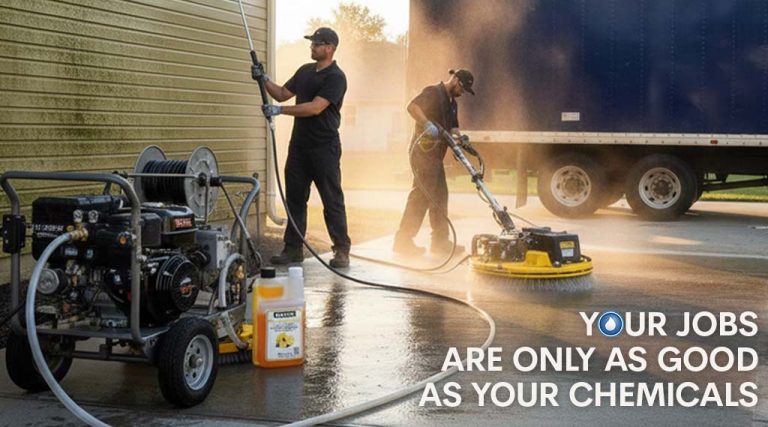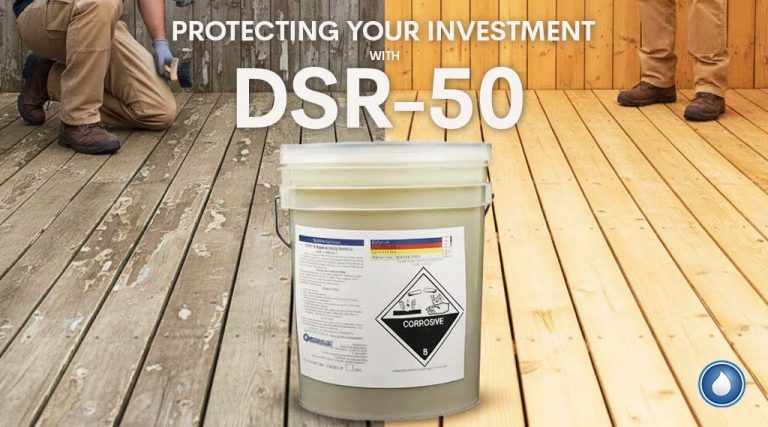Marketing Without Built In Price Caps
By Joe Kenney
Isn’t it about time that the grease exhaust cleaning industry (or hood cleaners, as many of us still refer to ourselves) began treating itself as a professional industry? Far too many of us allow the customer to dictate frequency of service and do not quote prices that reflect true variances in the cost of different service calls. It happens all the time, from the largest of companies to the smallest. You should develop standards and stick to them, and you should continually update these standards periodically.
Standards may include minimum prices for a service call and minimum frequency for periodic service on established accounts, among others. First, frequency minimums. You can simply refer to NFPA 96 as a basic standard and work from there. If the customer sets the frequency of service, you will continually be servicing a past due system. This may result in extra work (which the customer may expect to receive for the cost of a normal service call), and added risk of breakdowns (for which the customer may blame you). When this happens, everyone loses-the customers will be dissatisfied, your employees may lose out on commissions and be burdened with difficult service calls, and your company may face customer complaints and lost revenue.
The second standard is pricing. Although costs and prices may vary by region and individual company, you should have a minimum price for a service call based on the bottom line cost you incur for a crew to make a routine visit to an account. Take a pencil to it someday. It may shock you. After you have developed a minimum price, compare it to your average price per account. You may find that you or your sales people have gotten into a rut and are charging only your minimum price (or very close to it) for all types of service calls. The next opportunity you get, be aggressive and quote what you think is fair based on the cost and difficulty of different jobs. You may be surprised that customers accept higher prices once they understand that some jobs cost more to perform.
Price variances between different types of jobs frequently are too small because you have put a “cap” on your price. For those of you who don’t really know what a cap is, it is a self-imposed (knowingly or not) price that you do not go above. You are not in the NFL, so don’t impose a cap on yourself. If you don’t think you have one, take a look at your customer list and pricing history, and it will jump off the page at you.
Remember, there are no pricing manuals in our industry. The only standards we must live up to are the ones each of us sets for ourselves.
(Joe Kenney is president of Commercial Services, Inc., in Jacksonville, Florida
This article appeared in the October 1999 IKECA Journal



